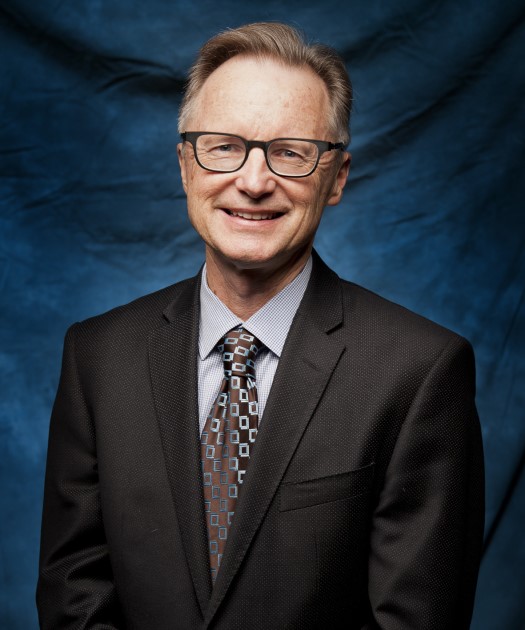Meet the Blood Cancer Taskforce: Prof. Tim Hughes

The Blood Cancer Taskforce is well on its way to developing Australia’s first National Strategic Action Plan for Blood Cancer. We ask some of the Taskforce members what drives their passion for blood cancer.
Why did you want to be part of the Taskforce?
I think the Blood Cancer Taskforce is going to have a big impact on the way we manage blood cancers over the next 20 to 30 years, so to be able to contribute to that is going to be a huge honour and a huge opportunity.
What led to you become a part of the blood cancer community?
I’ve dedicated my entire career – since the late-1980s – to research in blood cancers and to improving outcomes for patients with blood cancers. I think being a part of that community is essential to the whole process, so I’m very keen to be involved with the researchers, with the clinicians, and with the patients who are dedicated to improving outcomes and that’s why I’ve been involved for so many years.
What drives your passion to help people with blood cancer?
Blood cancers, unlike a lot of solid cancers, if treated appropriately potentially lead to a normal quality, normal duration of life. The stakes are so amazingly high in blood cancers so that increases the satisfaction of developing better therapies but also increases the pressure on us as clinicians to continue to improve, particularly in areas where results have not been dramatically improved over the past few decades, the motivation to continue to make further improvements in all the blood cancers is very strong.
How do you think the Taskforce might improve the lives of people with a blood cancer?
I think the strength of the Blood Cancer Taskforce is that it is looking at the picture not from one, narrow perspective but from the broadest of perspectives, including how we communicate with patients, how we work together as clinicians to improve outcomes, how we improve our recruitment to trials. It’s looking at the broadest questions that we can possibly ask. And it’s also doing it in a very ambitious way, not just trying to make an incremental improvement, but to really transform the outcome for patients with blood cancers. I think that has been a fantastic innovation from the Leukaemia Foundation and I’m very excited about what it might bring for my patients over the next decade or more.
What is your key piece of advice for someone living with a blood cancer?
My advice would be to seek as much information as possible before making decisions about treatment choices and that might include talking to the Leukaemia Foundation and other groups that support patients with blood cancer – that can provide a very helpful perspective. It includes bringing other members of the family or close friends with you to the initial critical consultations, so you get a team approach to decision-making and you are not left with the entire decision-making process on your own shoulders.
It includes doing some broad reading before discussions with the doctor, so you are prepared and have the questions, that you have written down so you have all the information you need to get from the doctor and can challenge him on questions where you have information that might be contrary to what you are hearing, so you are able to have a mature conversation with the clinician to really get the best information to make those critical early decisions about the best management.
The Leukaemia Foundation is always there to provide support to people living with a blood cancer – just call 1800 620 420 and ask to speak with your local Blood Cancer Support Coordinator.
Tim is Cancer Theme Leader with the South Australian Health and Medical Research Institute (SAHMRI) and Consultant Haematologist at the Royal Adelaide Hospital.
Last updated on November 12th, 2020
Developed by the Leukaemia Foundation in consultation with people living with a blood cancer, Leukaemia Foundation support staff, haematology nursing staff and/or Australian clinical haematologists. This content is provided for information purposes only and we urge you to always seek advice from a registered health care professional for diagnosis, treatment and answers to your medical questions, including the suitability of a particular therapy, service, product or treatment in your circumstances. The Leukaemia Foundation shall not bear any liability for any person relying on the materials contained on this website.